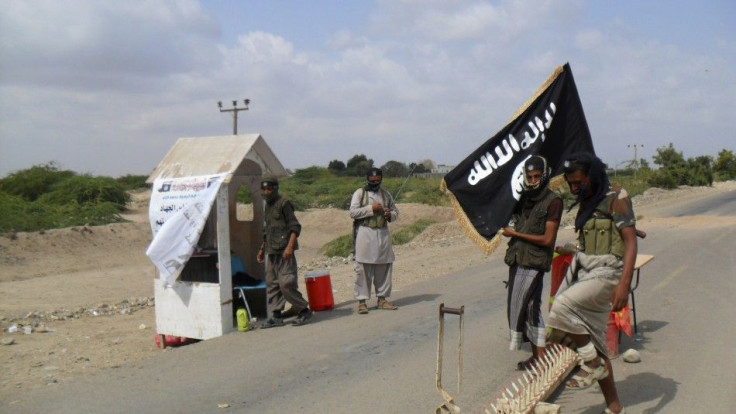Yemen Al-Qaeda Leader Killed by Brother in Mosque Attack

An Al-Qaeda leader has been killed in Yemen by his own brother.
Tareq al Dahab, brother-in-law of slain U.S.-born cleric Anwar al-Awlaki, was killed along with five bodyguards by his brother Hizam - who was himself later killed in a revenge attack. The assault happened just before dawn on Thursday as the group prayed in a mosque and in al-Baydah province.
Tareq al-Dahab and five of his bodyguards were killed in a mosque in the al-Manasih area near his home, a tribal source told Reuters. His brother Hizam had three men with him and they killed Tareq and his men easily because they surprised them.
After the mosque attack, Hizam was killed after Tareq loyalists blew up his house in revenge.
The resulting feud between the two brothers' followers left two of Hizam's supporters dead also.
Fifteen men were also wounded before a tribal truce calmed the clashes.
A third brother, Nabil al-Dahab, is now expected to take Tareq's position as al Qaeda's leader in al-Baydah.
Tareq and his brothers, who have been involved in a two-year struggle for the leadership of the powerful Dahab tribe after their father's death, have each backed different sides as Yemen's complicated political fabric unravelled in 2011.
Tareq, who led an al Qaeda assault on the town of Radda, 170 km (105 miles) southeast of Sanaa last month, was tipped for leadership of the Dahab tribe by his eldest brother Majid, who supported last year's protest agianst Yemen president Ali Abdullah Saleh.
Tareq and his brothers had challenged Majid's right to lead tribe.
The Yemen-based al Qaeda in the Arabian Peninsula (AQAP) has emerged as one of the network's most active and ambitious wings after setbacks to al Qaeda groups in Saudi Arabia and Iraq.
Saleh had been partially kept in power by explotiing the opublic's fear of a takeover of Yemen by al-Qaeda.
© Copyright IBTimes 2024. All rights reserved.











